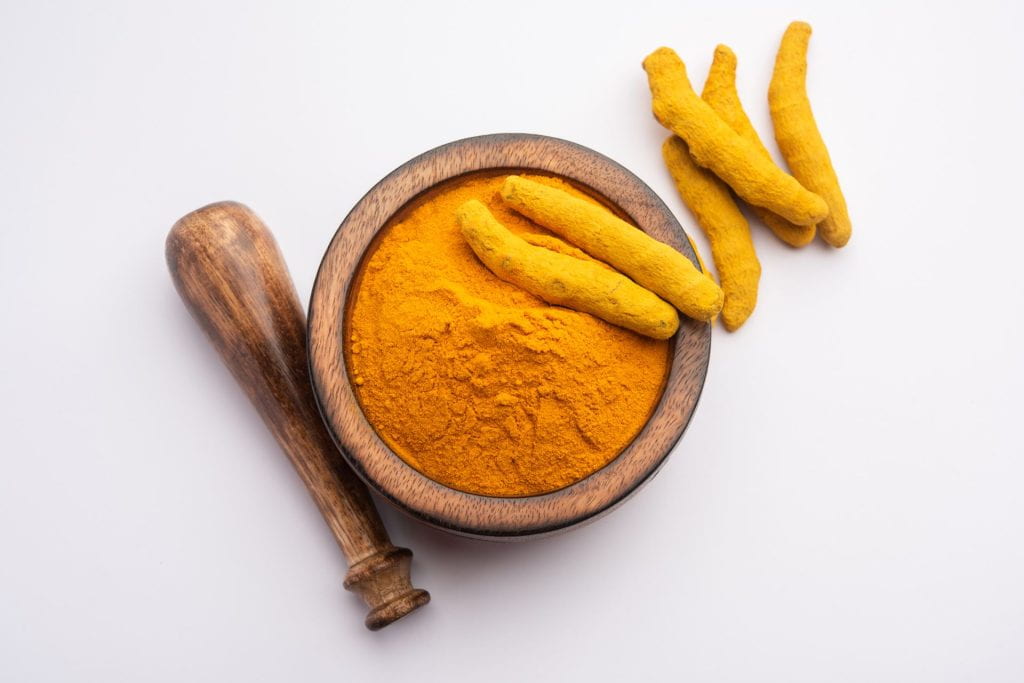
Known as the “golden spice,” turmeric has long been used in traditional medicine and cooking. Turmeric has gained popularity all over the world and has crossed cultural barriers thanks to its bright color and possible health advantages.
What is Turmeric?
Curcuma longa, the scientific name for turmeric, is a flowering plant that is a member of the Zingiberaceae family of gingers. The plant’s roots are collected and processed into a vivid yellow-orange powder that is frequently taken as a supplement due to possible health advantages and as a spice in cooking. The majority of turmeric’s alleged medicinal benefits are attributed to curcumin, the plant’s main ingredient.
Origins and History
Turmeric is native to Southeast Asia, particularly India, where it has been cultivated for over 4,000 years. It has played a crucial role in traditional Indian medicine, or Ayurveda, as well as in traditional Chinese medicine.
Historically, turmeric has been used to treat a variety of conditions, including inflammation, digestive issues, and infections.
Traditional Methods of Use
Turmeric is sometimes taken in powdered form and combined with warm milk or water in traditional Ayurvedic treatment; this is commonly referred to as “golden milk.” It is frequently used in curries and other Indian cuisines. Turmeric is used in Chinese medicine to stimulate the flow of qi (energy), invigorate the circulation, and relieve pain.
Societal Uses and Benefits
India: Turmeric has been used extensively in Indian cuisine and medicine. It is a key ingredient in curry powder and is believed to support digestive health, reduce inflammation, and promote overall wellness.
China: In traditional Chinese medicine, turmeric is used for its supposed anti-inflammatory and pain-relieving properties.
Southeast Asia: Turmeric is used in various culinary dishes and traditional remedies, often for its potential benefits in treating skin conditions and enhancing digestive health.
Recommended Herbs to Accompany Turmeric
It is frequently advised to combine turmeric with black pepper, which includes piperine, a substance that can improve the absorption of curcumin by up to 2,000%, in order to maximize both the absorption and efficiency of the spice. Other plants and herbs that go nicely with turmeric are:
Ginger: Complementary in flavor and also a member of the same botanical family, ginger may enhance the anti-inflammatory effects of turmeric.
Cinnamon: Known for its anti-inflammatory and antioxidant properties, cinnamon can synergize with turmeric in culinary and medicinal uses.
Holy Basil: An adaptogen that can help the body manage stress, holy basil may support the overall wellness benefits of turmeric.
Precautions and Considerations
While turmeric is generally considered safe for most people, there are some precautions to keep in mind:
Blood Thinners: Turmeric may interact with blood-thinning medications, increasing the risk of bleeding.
Gallbladder Issues: Those with gallstones or bile duct obstruction should avoid turmeric as it can exacerbate these conditions.
Pregnancy: Pregnant women should consult their healthcare provider before taking turmeric supplements, as high doses may stimulate uterine contractions.
Conclusion
Turmeric’s usefulness as a culinary spice and possible supplement is highlighted by its rich history and wide range of usage throughout civilizations. You may choose wisely when adding turmeric to your daily regimen by being aware of its history, customs, and the significance of combining it with other herbs. To ensure safe and effective use, always remember to take into account potential interactions and seek advice from a healthcare professional.
FDA Disclaimer: The information provided in this article is for educational purposes only and has not been evaluated by the Food and Drug Administration (FDA). Turmeric and curcumin supplements are not intended to diagnose, treat, cure, or prevent any disease. Always consult with a healthcare professional before starting any new supplement regimen.
General Disclaimer: This article is not intended as medical advice. The use of turmeric should be approached with caution, particularly if you have any underlying health conditions or are taking medications. Consult with a healthcare provider to determine the appropriate use and dosage for your individual needs.

